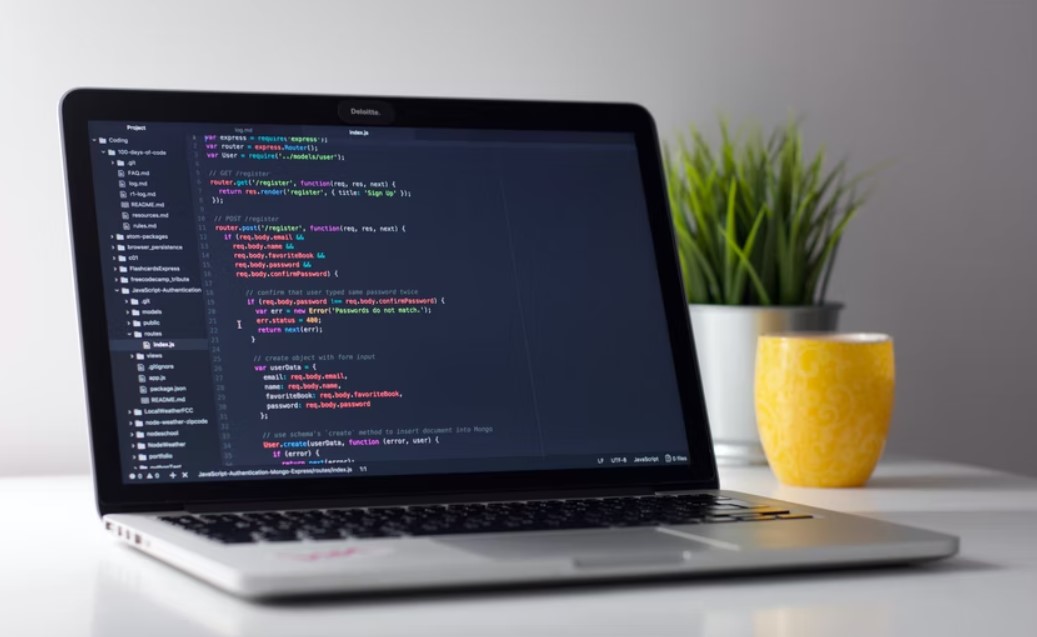Work in the Future: How Artificial Intelligence is Transforming Industries
June 27, 2023
Table of contents
Quick Access
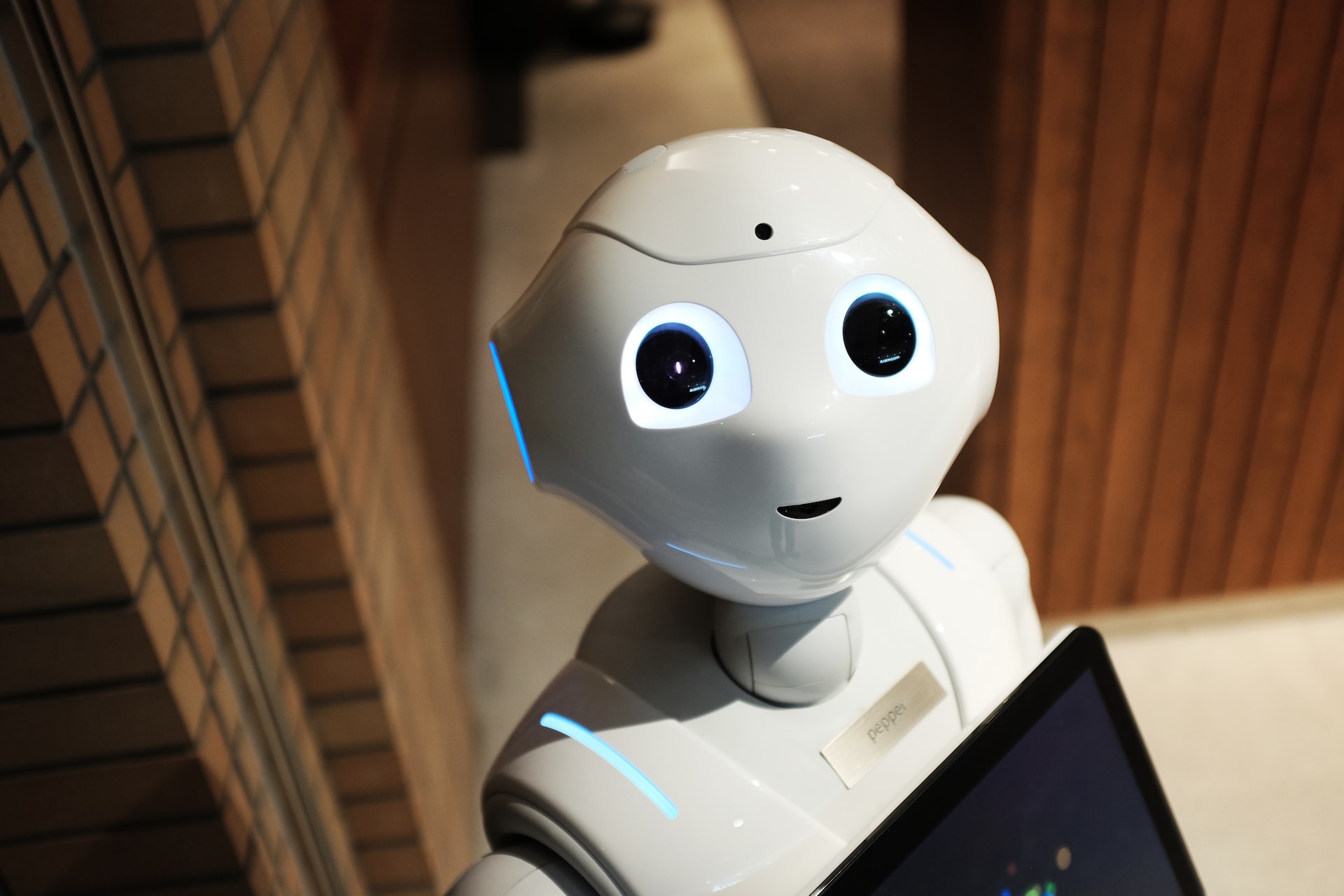
Artificial intelligence has reached its most popular peak since its introduction into the technology market, with applications ranging from a filter to generate a hilarious video on social media to a tool to substitute words in an article or some background in a historical photo.
Artificial intelligence is not a new concept; in 1943, Warren McCullough and Walter Pitts published an article titled "A Logical Calculus of Immanent Ideas in Nervous Activity" in which they examined the idea. This was a groundbreaking work at the time, as the scientists discussed a mathematical model for creating a neural network.
From that point on, the scientific and technological communities became involved, and we eventually arrived at artificial intelligence as we know it today. Although it is a technical solution that has aided people in many ways, some perceive it as a threat because of the consequences for labor.
Artificial intelligence applications in the workplace
Artificial intelligence (AI) has a wide range of applications in the workplace, transforming a variety of industries and job types. Here are some examples of frequent AI applications in the workplace:
- Automation: Artificial intelligence (AI) may automate repetitive and mundane operations, allowing staff to focus on more complicated and creative jobs. This can include data entry, report production, email filtering, and chatbot client care.
- Data and insight analysis: AI systems can quickly and accurately handle vast volumes of data, offering useful insights to enterprises. AI can detect patterns, trends, and anomalies in data, enabling businesses to make data-driven decisions.
- Predictive Analytics: AI can use historical data to forecast future results. This is beneficial in a variety of contexts, including sales forecasting, demand planning, and risk assessment. Predictive analytics can help businesses streamline their operations and make better decisions.
- Virtual assistants: AI-powered virtual assistants such as Amazon Alexa, Apple Siri, and Google Assistant may do tasks based on voice requests. They can arrange appointments, answer queries, send reminders, and operate smart devices, increasing productivity and convenience.
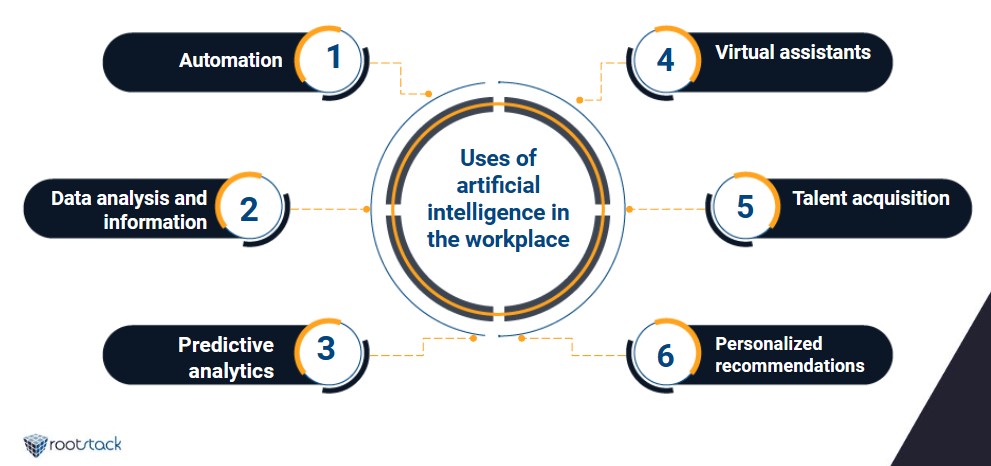
- AI can help to streamline the hiring process by automating candidate screening, resume screening, and candidate matching. AI algorithms can assess job requirements and candidate profiles to select the best candidates, saving hiring teams time and effort.
- Personalization: AI systems may assess user behavior and preferences to make personalized recommendations. This is widespread on e-commerce platforms, streaming services, and content platforms, where AI recommends products, movies, music, or articles based on personal preferences.
- Fraud detection: Artificial intelligence (AI) can discover trends and anomalies in financial transactions to detect probable fraud or security breaches. Large volumes of data may be analyzed in real time, detecting questionable activity and lowering the chance of financial loss.
- Natural Language Processing (NLP): AI-powered NLP allows machines to comprehend and respond to human speech. Chatbots, virtual assistants, and speech recognition systems employ this to improve customer service and allow for more natural interactions.
- RPA (Robotic Process Automation): AI and robotics can be used together to automate physical operations. On factory assembly lines or in warehouses, robots can undertake repetitive and physically demanding activities, increasing productivity and reducing human error.
- Workplace Safety: Artificial intelligence can be used to monitor and improve workplace safety. Machine vision algorithms, for example, can scan surveillance camera images to detect possible danger or unauthorized entry, assisting in the prevention of accidents and assuring compliance with security regulations.
These are just a few instances of how artificial intelligence is being used in the workplace. As AI advances, its potential to disrupt numerous industries and job positions will almost certainly grow.
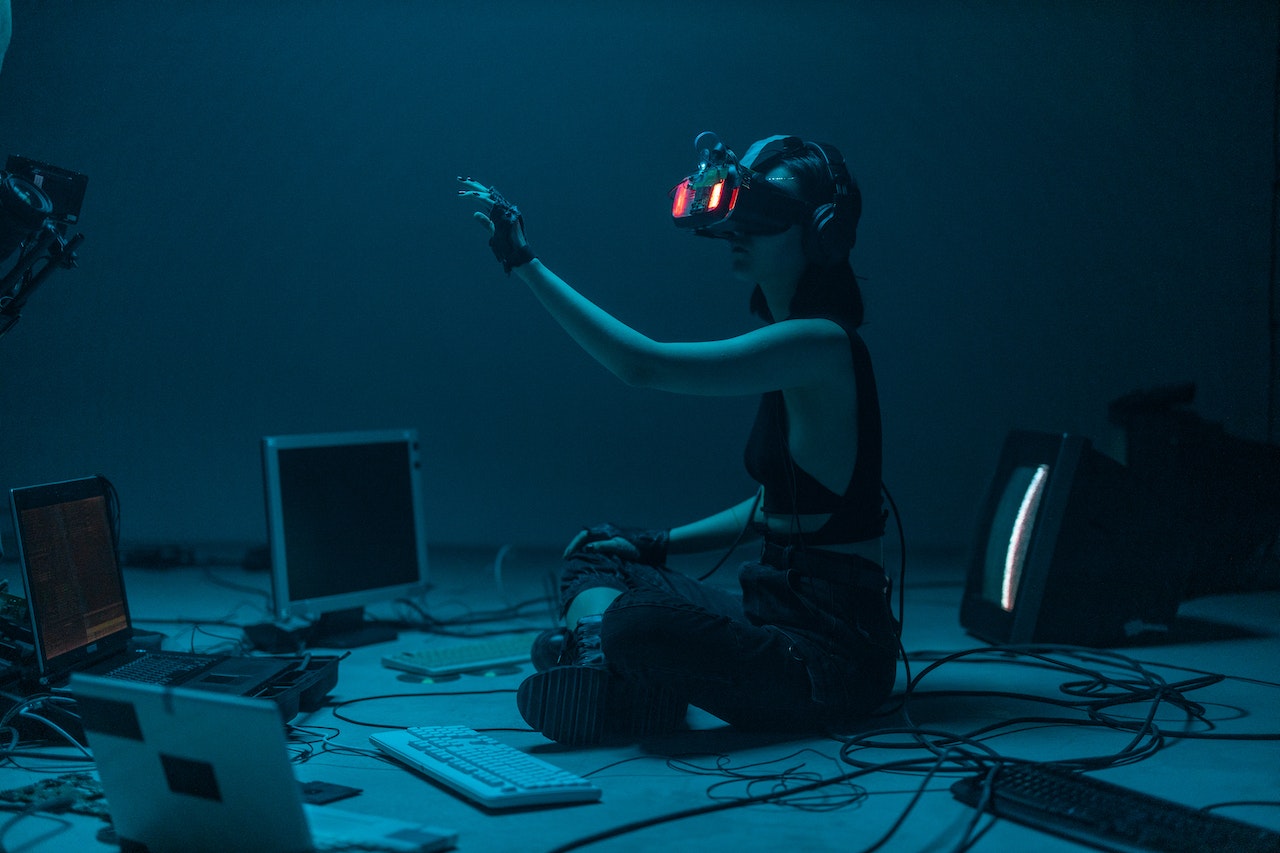
Industry transformation by the use of artificial intelligence
Referring to whether artificial intelligence will be able to supplant humans in various business departments, Saadia Zahidi, director of the World Economic Forum, commented "in recent years there has been a simmering concern that industrial robots could displace people working in factories, this has happened, but robots have also been used to a greater extent to help with jobs without replacing anyone."
"With artificial intelligence, there has been the same concern among workers in administrative positions and assistants, who have seen how this technology has replaced some of their tasks, without leaving them jobless, but helping them with their daily chores."
We recommend you on video
Related Blogs

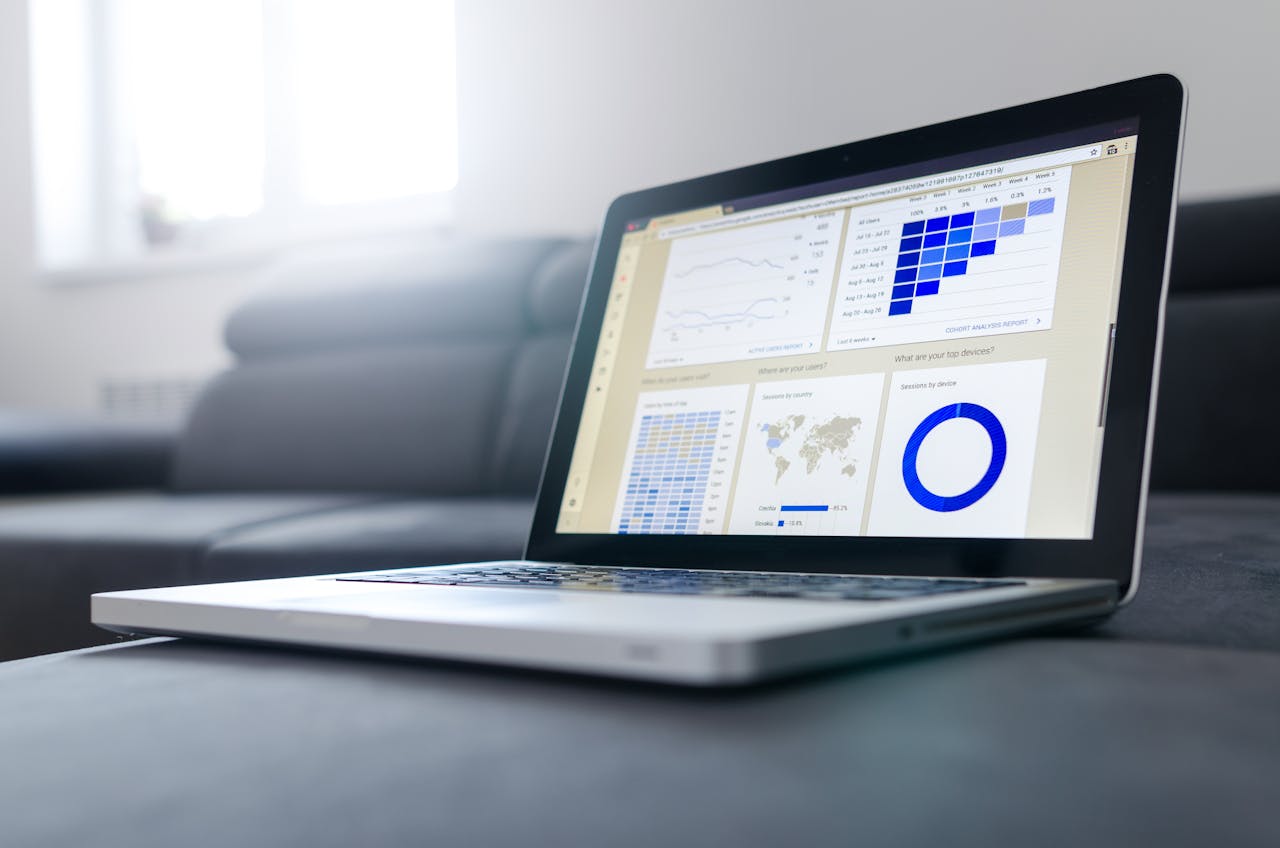
How to integrate UiPath RPA with a database

Magento Development Services for the Healthcare Industry
Best Practices for Hiring a Drupal Developer
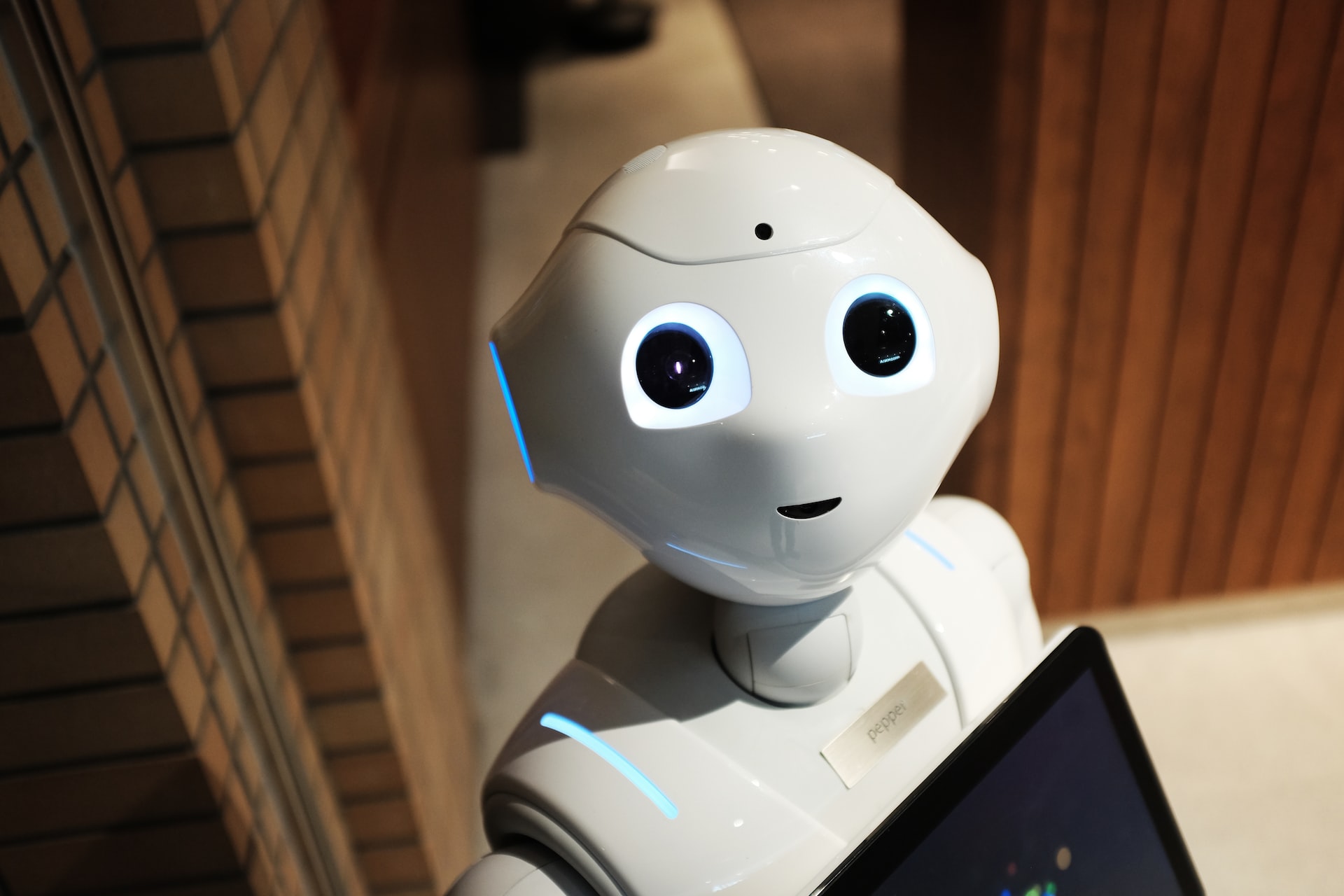
5 steps of UiPath RPA implementation
